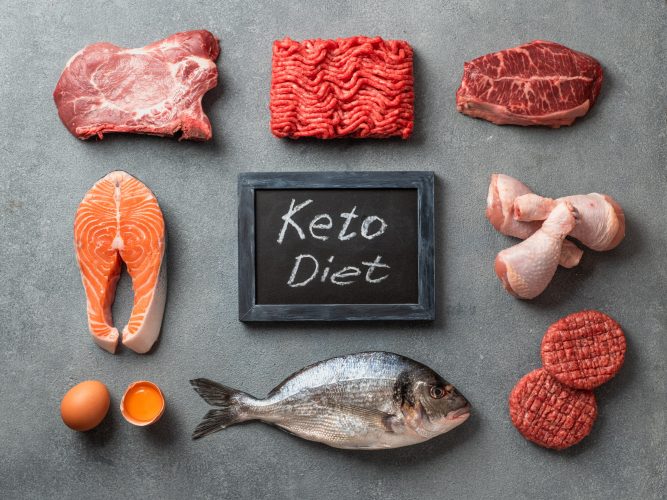How Many Eggs Per Day Can Someone Eat on a Keto Diet?
While there are numerous ways to prepare eggs on a ketogenic diet, they all follow the same basic procedure: a tablespoon of butter on one egg, frying it with a pinch of salt and topping it with full-fat cheese.

If you’re trying to avoid carbohydrates, you should use a low-carb substitute for dairy milk, which is extremely high in carbohydrates. Along with avoiding dairy milk, it’s critical to avoid artificial sweeteners and sugar substitutes, which have been shown to have a negative effect on blood sugar levels.

While you are free to consume as many eggs as you want, it is best to do so in moderation. Each day, you should consume no more than six whole eggs. Choosing pastured eggs from your local area is also a good idea. You should be fine if you stop eating three hours before bedtime.

You may consume up to three cans of diet soda, but limit yourself to one. Bear in mind that you MUST EAT the egg yolks!

What Is the Calorie Content of an Egg?
It is critical to consume a sufficient amount of eggs while on a keto diet. One large egg, for example, contains 0.45g of carbohydrates.

A ketogenic diet recommends no more than 20 to 50 grams of carbs per day, and eating 30 eggs per day would exceed this recommendation. A large egg contains 8g of protein and 90 calories, which means that if you’re in good health, you can consume three or four eggs per day.
If you have diabetes, you should consume a few eggs daily.

While this is not recommended for everyone, it is generally safe for the majority of people. Eggs are an excellent choice if you’re following a low-carb diet.

These delectable meals are packed with nutrients. They are an essential component of any ketogenic diet due to their high protein, healthy fat, and healthy carbohydrate content.
There are numerous ways to prepare these delectable foods, but the majority of experts recommend eating six or more eggs per day.

It’s also critical to know how many grams of fat an egg contains, as eating too many can result in weight gain.





